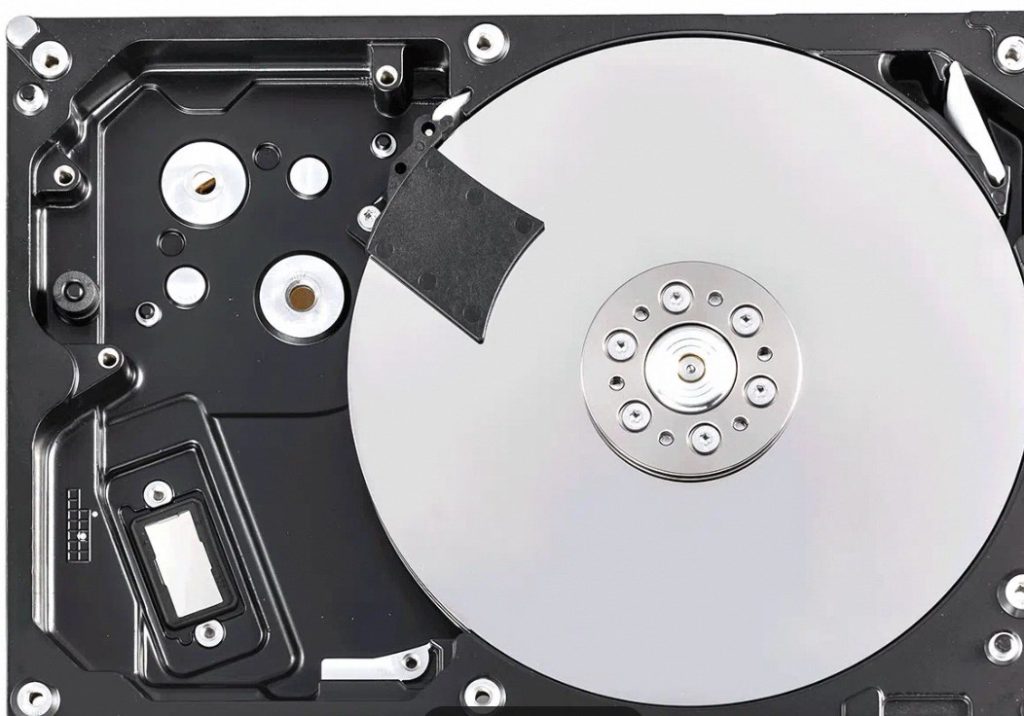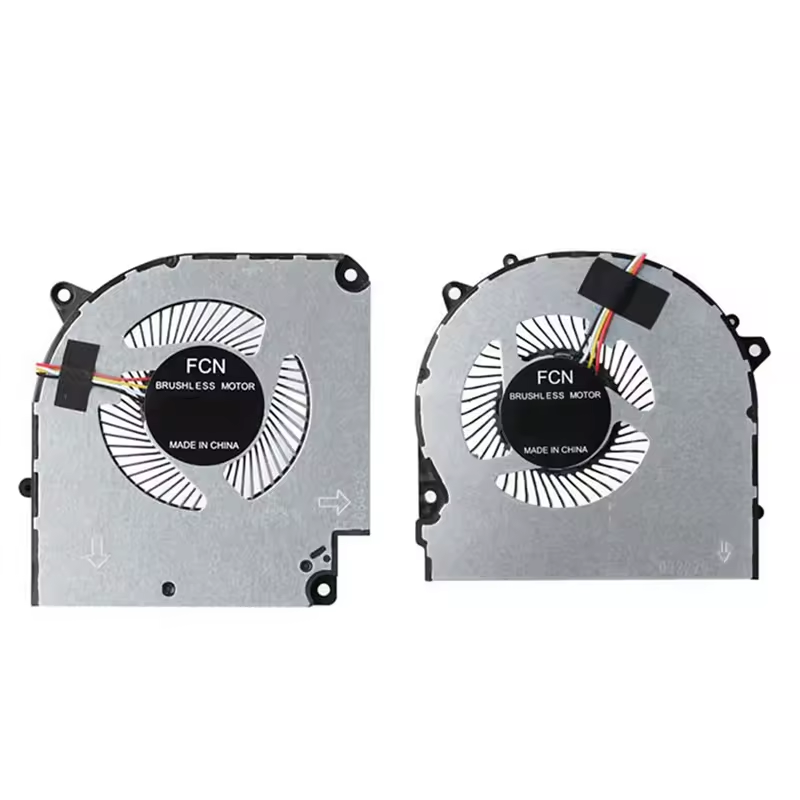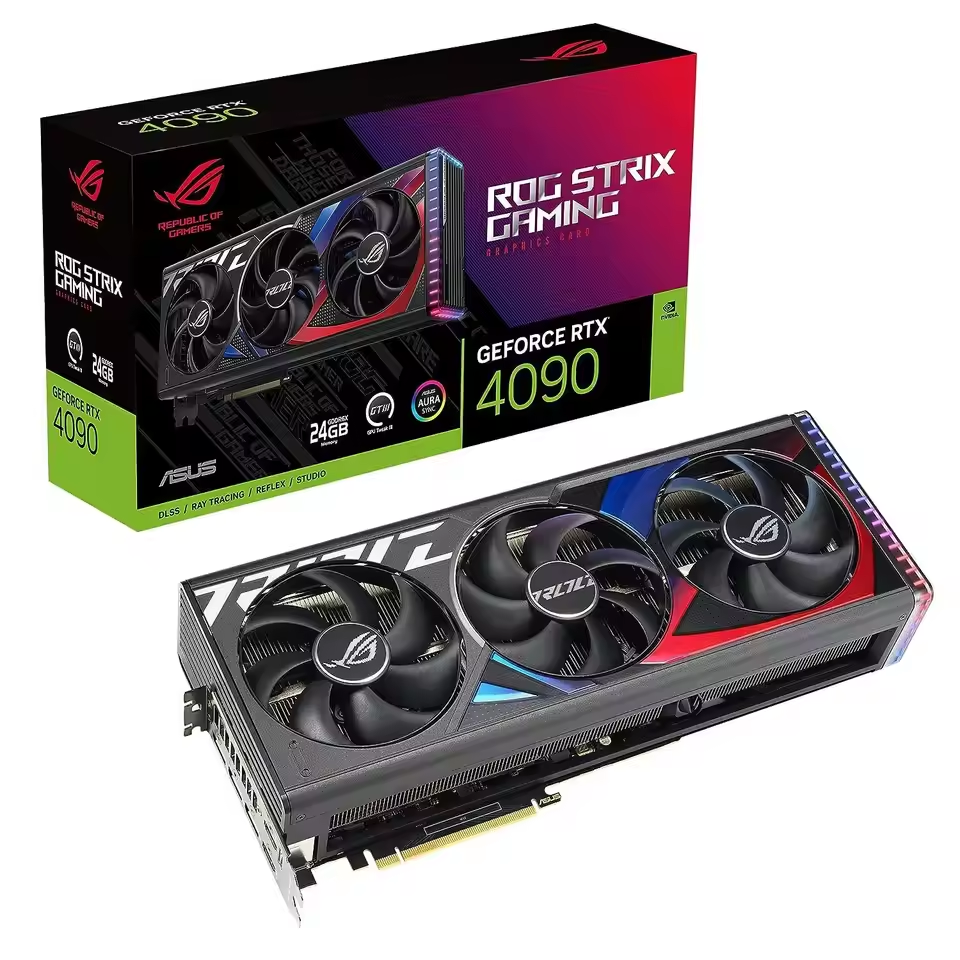Understanding the Differences Between SSD and HDD
SSD – Solid-State Drive
Solid-state drives (SSDs) are storage devices that utilize flash memory technology for data storage. Unlike traditional hard disk drives (HDDs), SSDs do not have any moving parts, resulting in multiple performance advantages. With no mechanical components, SSDs offer faster access times, leading to quicker read and write speeds. This speed advantage makes SSDs well-suited for tasks that require rapid data access, such as booting up the operating system, launching applications, or transferring files.
Moreover, SSDs consume less power than HDDs, resulting in improved energy efficiency and longer battery life for laptops and other portable devices. The absence of moving parts also contributes to enhanced durability, as SSDs are less susceptible to physical damage caused by drops or vibrations.

HDD – Hard Disk Drive
Hard disk drives (HDDs) have long been the go-to storage devices for long-term data storage. They utilize spinning magnetic disks and mechanical components to store and retrieve data. One significant advantage of HDDs is their ability to offer larger storage capacities at a relatively lower cost compared to solid-state drives (SSDs). This makes them an economical choice for users with extensive storage needs.
However, HDDs have some limitations. Their mechanical nature makes them slower in terms of read and write speeds compared to SSDs. This can result in slower system boot times, longer file transfer durations, and delayed application loading. Additionally, the mechanical components of HDDs are more susceptible to failure over time. The spinning disks and moving read/write heads can be prone to wear and tear, increasing the risk of mechanical failure and potential data loss.
Performance and Speed Comparison
SSD Performance
Solid-state drives (SSDs) outshine hard disk drives (HDDs) in terms of performance. SSDs offer several advantages, including faster boot times, quicker file transfers, and reduced application loading times. The absence of moving parts in SSDs allows for near-instantaneous data access, resulting in a seamless and highly responsive user experience.

The superior speed of SSDs makes them an ideal choice for tasks that demand high performance, such as gaming, video editing, and running professional applications. Gamers can enjoy faster game load times and smoother gameplay, while video editors can benefit from quicker rendering and processing speeds. Professional users can experience enhanced productivity and efficiency when working with resource-intensive applications.
Additionally, the fast read and write speeds of SSDs contribute to improved multitasking capabilities. Users can open multiple applications simultaneously, switch between tasks seamlessly, and experience minimal lag or delays.
HDD Performance
While HDDs are slower compared to SSDs, they still offer reasonable performance for everyday tasks. They are well-suited for storing large amounts of data, such as multimedia files, documents, and archives. HDDs are often used in desktop computers and external storage devices where cost per gigabyte is a significant factor. However, tasks that require frequent data access or intensive read/write operations may experience slower performance with HDDs.
Durability and Reliability
SSD Durability
SSDs have no moving parts, making them more resistant to physical damage caused by drops or vibrations. This durability makes SSDs ideal for portable devices like laptops or external drives. Additionally, with no mechanical components, the risk of data loss due to mechanical failure is significantly reduced, providing a more reliable storage solution.

HDD Durability
HDDs are more susceptible to physical damage due to their mechanical nature. The spinning disks and moving read/write heads can be more prone to failure if mishandled or subjected to shocks. While modern HDDs have improved in terms of durability, they are still more vulnerable compared to SSDs. Regular backups are crucial when relying on HDDs for long-term storage to mitigate the risk of potential data loss.
Cost and Capacity Considerations
SSD Cost and Capacity
SSDs typically have a higher cost per gigabyte compared to HDDs. However, the prices of SSDs have significantly decreased in recent years, making them more affordable for consumers. While the cost is higher, SSDs offer faster performance, lower power consumption, and increased durability, making them a worthwhile investment for those seeking high-speed storage solutions. SSDs are available in various capacities, ranging from smaller sizes for operating system installations to larger sizes for storing multimedia files and applications.
HDD Cost and Capacity
Hard disk drives (HDDs) offer a more economical solution for high-capacity storage needs due to their lower cost per gigabyte compared to solid-state drives (SSDs). HDDs are available in larger storage capacities, often ranging from several terabytes to multiple petabytes. This makes them a suitable choice for individuals or businesses that require ample storage space without breaking the bank.

HDDs are commonly utilized for tasks that prioritize bulk data storage or archival purposes. In these scenarios, the need for fast data access is not as critical, and the cost-effectiveness of HDDs becomes a significant advantage. Archiving large amounts of data, creating backups, or storing multimedia libraries are all examples of use cases where HDDs shine.
While HDDs may be slower compared to SSDs in terms of read and write speeds, their economical advantages and high-capacity availability make them a reliable storage solution for those with extensive storage needs and less demanding performance requirements.
Choosing the Right Solution for Your Needs
SSD or HDD for Performance
If you prioritize speed, quick data access, and faster application loading times, SSDs are the ideal choice. They provide a significant performance boost, especially for tasks that require intensive read/write operations or real-time data processing. SSDs excel in scenarios such as gaming, video editing, and professional applications where speed is crucial.

SSD or HDD for Cost and Capacity
If you require large storage capacities at an affordable price, HDDs are the more cost-effective option. They are well-suited for bulk data storage, media libraries, and archival purposes. HDDs provide ample storage space without breaking the bank, making them suitable for individuals or businesses with high-capacity storage needs.
In conclusion, choosing between SSDs and HDDs depends on your specific requirements. If speed, durability, and quick data access are essential, SSDs outshine HDDs. However, if cost per gigabyte and vast storage capacity are your priorities, HDDs provide a more economical solution. Consider your budget, storage needs, and the intended usage scenario to make an informed decision. It’s also worth considering a hybrid solution, utilizing both SSDs and HDDs, to leverage the benefits of both technologies.


